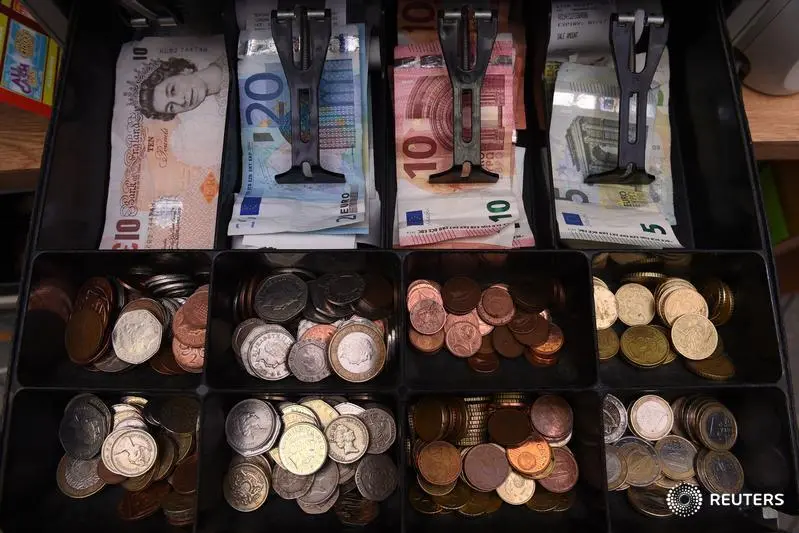PHOTO
Euro zone government bond yields fell slightly on Wednesday after jumping on Tuesday as investors braced for further interest rate hikes from the European Central Bank.
The yield on Germany's 10-year government bond, which is seen as the benchmark for the euro zone, was down 3 basis points (bps) to 2.479%. It rose 12 bps on Tuesday and touched 2.53%, just shy of its highest level since 2011.
Trading volumes were thin on Wednesday, with many traders off for the holidays, causing yields to bounce around more than usual.
Euro zone bond yields have risen sharply since Dec. 15, when the ECB hiked interest rates by 50 bps and signalled that it was far from finished raising borrowing costs to tame inflation. The ECB has raised its main interest rate to 2%, from -0.5% in July.
On Monday, ECB policymaker and Dutch central bank chief Klaas Knot was quoted as saying there is still a way to go, which added to the pressure on bonds. Yields move inversely to prices.
"The risk of us doing too little is still the bigger risk," Knot told the Financial Times. "We are just at the beginning of the second half."
Yet euro zone yields moved lower on Wednesday, after rising earlier in the session, giving back some of Tuesday's gains.
Italy's 10-year government bond yield was down 1 bp to 4.612%. The gap between Italy and Germany's 10-year yields widened slightly to 211 bps.
Germany's 2-year yield, which is highly sensitive to interest rate expectations, slipped 2 bps to 2.659%. It hit its highest level since October 2008 on Tuesday, at 2.714%.
Investors expect the ECB to raise interest rates by 50 bps at its next meeting in early February, according to Refinitiv data.
British government bond yields jumped, catching up with their European counterparts as UK markets reopened after a holiday. The 10-year UK yield was last up 9 bps to 3.72%, having earlier touched 3.761%, its highest level since late October.
(Reporting by Harry Robertson Editing by Tomasz Janowski)





















